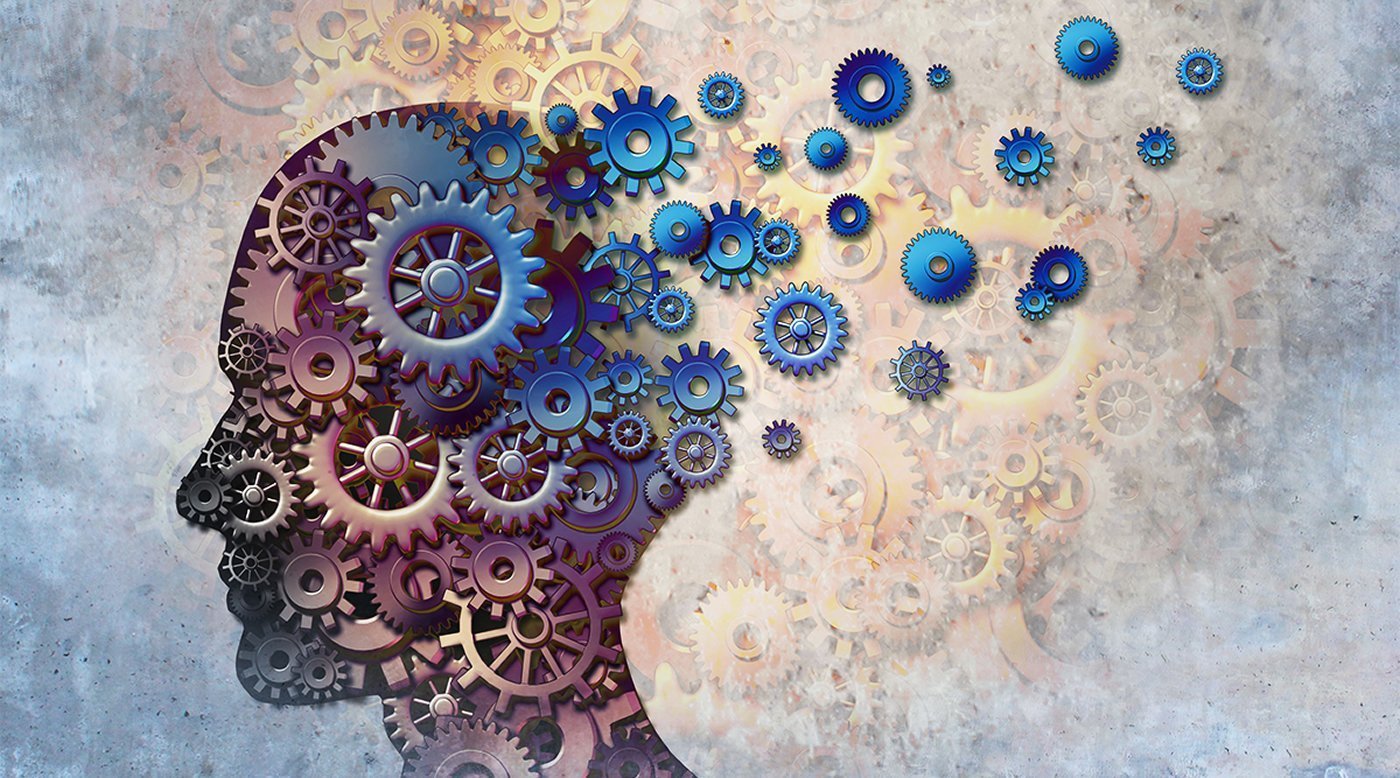Summary: Females who attend school for longer have better memory ability in old age, a new study reports. For each year of education, memory gains were, on average, five times greater for women than the losses experienced due to each year of aging.
Source: Georgetown University Medical Center
Education appears to protect older adults, especially women, against memory loss, according to a study by investigators at Georgetown University Medical Center, published in the journal Aging, Neuropsychology, and Cognition.
The results suggest that children–especially girls–who attend school for longer will have better memory abilities in old age. This may have implications for memory loss in Alzheimer’s disease and other dementias.
The study tested declarative memory in 704 older adults (58-98 years of age). Declarative memory refers to our ability to remember events, facts, and words, such as where you put your keys or the name of that new neighbor.
Participants were shown drawings of objects, and then were tested several minutes later on their memory of these objects. The investigators found that their memory performance became progressively worse with aging. However, more years of early-life education countered these losses, especially in women.
In men, the memory gains associated with each year of education were two times larger than the losses experienced during each year of aging. However, in women, the gains were five times larger.
For example, the declarative memory abilities of an 80-year-old woman with a bachelor’s degree would be as good as those of a 60-year-old woman with a high school education. So, four extra years of education make up for the memory losses from 20 years of aging.
“Simply said, learning begets learning” says the study’s senior investigator, Michael Ullman, PhD, a professor in Georgetown’s Department of Neuroscience and Director of the Brain and Language Lab. Ullman’s research on the relationship between language, memory and the brain has been a cornerstone in the fields of language and cognitive neuroscience.
“Since learning new information in declarative memory is easier if it is related to knowledge we already have, more knowledge from more education should result in better memory abilities, even years later,” adds the study’s lead author, Jana Reifegerste, PhD, a member of the scientific staff at the University of Potsdam, Germany, who worked on this study as a postdoctoral researcher in Ullman’s lab.
“Evidence suggests that girls often have better declarative memory than boys, so education may lead to greater knowledge gains in girls,” says Ullman. “Education may thus particularly benefit memory abilities in women, even years later in old age.”

The study tested individuals in a non-Western (Taiwanese) population. Participants varied in the number of years of education, from none at all to graduate studies. Future research is needed to test whether the findings generalize to other populations, Ullman says.
“These findings may be important, especially considering the rapidly aging population globally,” Reifegerste says.
“The results argue for further efforts to increase access to education.”
“Education has also been found to delay the onset of Alzheimer’s disease,” Ullman says. “We believe that our findings may shed light on why this occurs.”
Funding: This work was supported by grants from the National Institutes of Health (R01 AG016790, AGO16661), the National Science Foundation (BCS1439290), a Georgetown Partners in Research grant, and the Graduate School of Arts and Sciences.
The authors report having no personal financial interests related to the study.
About this neuroscience research article
Source:
Georgetown University Medical Center
Media Contacts:
Karen Teber – Georgetown University Medical Center
Image Source:
The image is credited to Georgetown University Medical Center.
Original Research: The study will appear in Aging, Neuropsychology, and Cognition.
Feel Free To Share This Neuroscience News.






